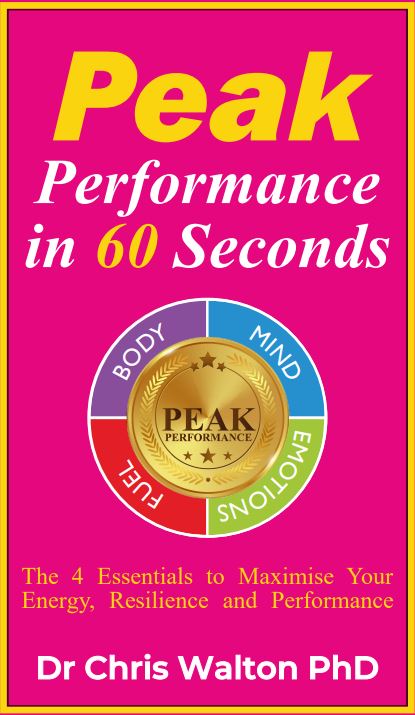A study in the journal Proceedings of the National Academy of Sciences links “negative” brain activity with a weakened immune system.
Previous studies have shown that pessimists – people rated as more sensitive to negative events – show more activity in a part of the brain called the right pre-frontal cortex.
On the flip side more activity in the left pre-frontal cortex is linked to positive emotional responses.
Researchers led by Dr Richard Davidson from the University of Wisconsin-Madison studied 52 people aged between 57 and 60. Each of the subjects was asked to recall one event which made them feel very happy, and one which left them feeling sad, afraid or angry.
The electrical activity in these parts of the brain was measured to check whether their left or right pre-frontal cortex was more active.
Afterwards, each volunteer was given a standard flu vaccine shot.
(Vaccines work by eliciting an immune response which should hopefully persist and help the body tackle a genuine infection threat if it should arrive.)
Each research subject was tested over the following six months to gauge the success of the vaccine by measuring the levels of antibodies generated by the vaccine.
Those who had shown the most active right pre-frontal cortex also had the worst immune reactions.
The reverse was true for those who had the most powerful reactions in their left pre-frontal cortex, the side associated with happy reactions.

Dr Davidson said:
“Emotions play an important role in modulating bodily systems that influence our health. We turned to the brain to understand the mechanisms by which the mind influences the body.”
Once again we see the influence our emotional reactions including our conscious and subconscious beliefs and thinking patterns have on our physical body, overall well being and success.



